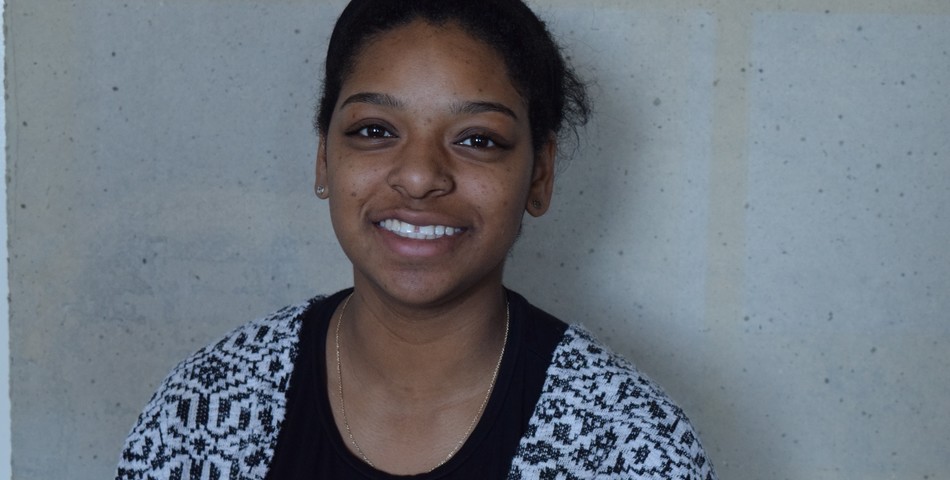Former Peace Corps volunteer, English professor Dr. Meg Smith, shared her experience about working as a rice volunteer in a farming village in Senegal, Africa.
Smith is a professor at Spring Hill College with a Ph.D. in second language acquisition and teaching. In 1996, she set off for an unforgettable adventure. After receiving her undergraduate degree, Smith realized that she had no desire to secure a regular nine-to-five job. Like many students coming straight out of college, she wanted to experience all that the world had to offer in the most unique and caring way.
Smith said the Peace Corps allowed her to truly immerse in her work. “It was a two year commitment that gave me the opportunity to travel, learn languages and live in a different culture. That is what attracted me to the Peace Corps,” Smith said. She mentioned that she went through a three month-long training experience, where she learned important techniques like agriculture and water purification. According to the Peace Corps website, successful training results in competence in various technical, linguistic, cross-cultural, health, safety and security areas.
SHC senior Dominique Howard has been experiencing the long and tedious process that follows after being accepted into the Peace Corps. “Right now, I am going through my legal clearance process, which I’ve been going through since July of 2017. It’s given me a lot of time to think,” Howard said. She is working on completing a Bachelor of Science in Secondary Education and English. She applied to serve in Jamaica, but remains uncertain as to where she wants to live.
Howard further discussed her focal point once she begins working for the Peace Corps. She said, “I keep reminding myself that this is not an opportunity that a lot of people get. I have to keep in mind when I’m there that I am on a mission. I am an ambassador for the United States.” Smith claimed that the most valuable insight for an immersive cross-cultural experience, such as this, is to spend time building relationships. Smith concluded, “Get to know the language, be patient, sit and drink tea and ask a lot of questions. You need to know from the community how they see the world. Practice being present.”
